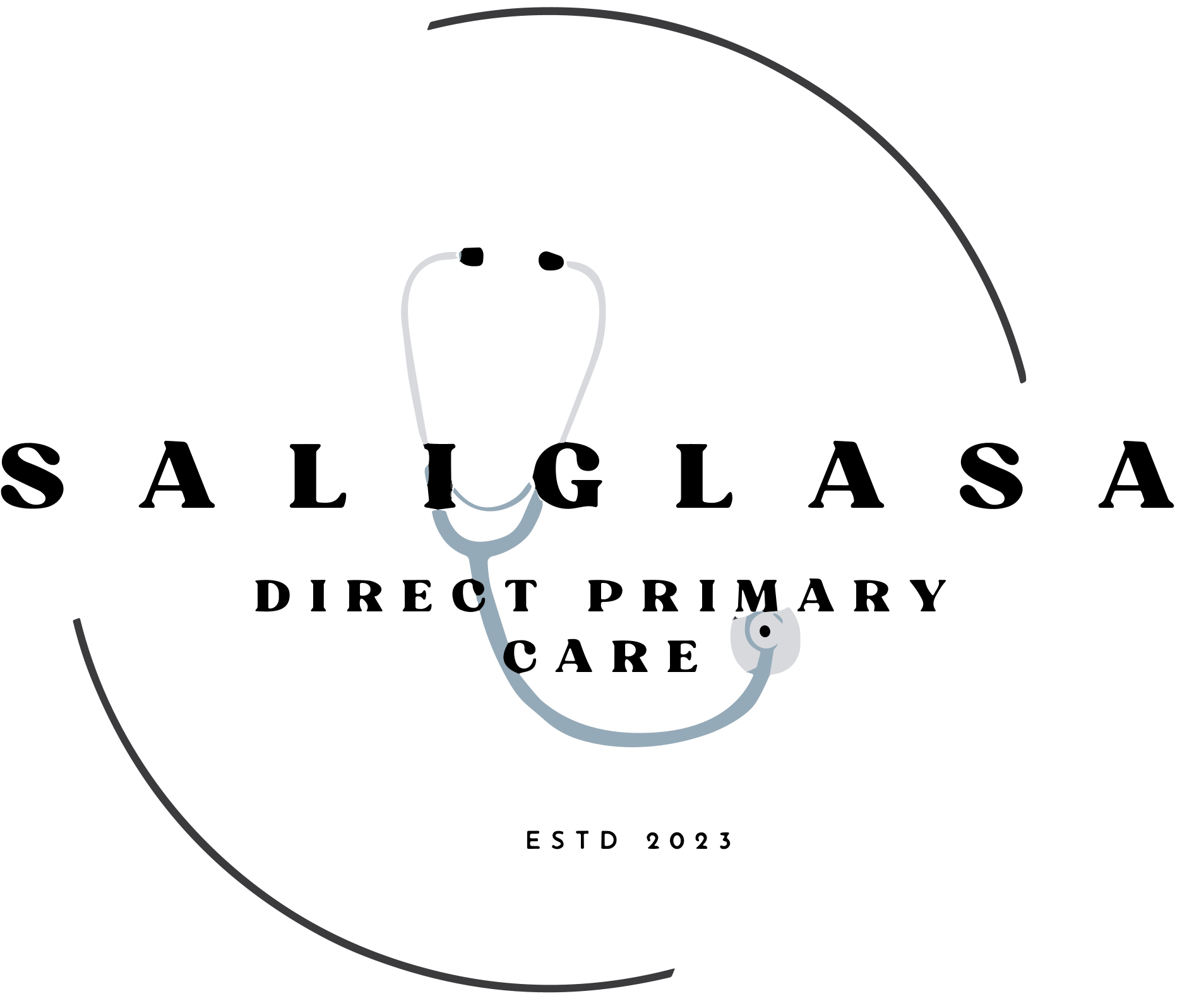I love coffee. I drink one cup of strong coffee with a dash of 2% organic hot milk every morning. On weekends, I drink 3 very small cups of strong black coffee flavored with a fresh twig of Rhue at my parents’ house where my mom serves the Ethiopian traditional coffee ceremony which includes burning incense.
Most people don’t know this blessed bean was discovered in the western region of Ethiopia, called Keffa- (hence the name Coffee) a land of my origin. So it is no surprise that I have always kept my fingers and toes crossed for the medical community to never say anything bad about coffee.
Well, like most everything we eat and drink the purported benefits and harms of coffee come and go in the science of nutrition. For instance, you can find data both for and against as far as its effect on the risk of cardiovascular diseases are concerned. Thankfully, there have always been more good news associated with coffee than there have ever been bad ones.
So, should you drink coffee or not? How about if you have high blood pressure?
Coffee has the effect of increasing your heart rate and to a lower degree bumping your blood pressure by activating the autonomic nervous system. So, if you have a tendency for anxiety, or palpitations, avoid coffee and other caffeine containing beverages. However, research has shown that its effect on blood pressure is mild to moderate. It typically increases the systolic blood pressure by 3-8mm Hg and often temporarily, lasting 2-4 hours. It appears that this effect may even be negligible in regular coffee drinkers who develop some tolerance to its effects.
The second most common question I get asked is how much is too much. First know there are other food sources besides coffee including chocolates (because of Cocoa beans), teas (including green tea), sodas and energy drinks that have caffeine. According to the FDA a moderate amount of coffee is about 400mg per day- about 2 cups of coffee. For comparison:
- one 8-ounce cup of coffee: 95 to 200 mg
- one 12-ounce can of soda: 35 to 45 mg
- one 8-ounce energy drink: 70 to 100 mg
- one 8-ounce cup of tea: 14 to 60 mg.
My own obvious bias toward this beverage notwithstanding, please be advised that not all caffeine sources are of equal value. Coffee drinking has been associated with health benefits including reduced risk of developing diabetes and colorectal cancer as well as reducing neurodegenerative disorders like Parkinson’s Disease. Although caffeine gets all the blame and/or fame for coffee’s effect on the body, it is important to remember that coffee is in fact a beverage with a complex blend of other ingredients including flavonoids and antioxidants like polyphenols. So, the next time you choose your caffeine source remember that you are better off getting it from coffee or tea rather than sodas and energy drinks.
The bottom line: although research goes back and forth on the health impact of coffee, so far, we have no convincing data that coffee is harmful to your health, if you use it in moderation. So enjoy!
